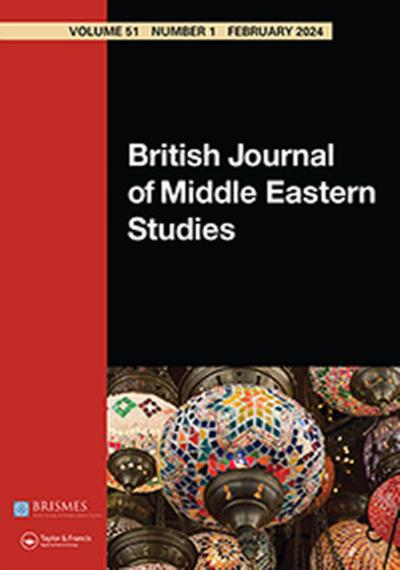Casting the Net Wider: Human Rights, Development and New Duty-Bearers
This edited volume brings together scholars and practitioners to address the question as to whether, in our globalised world, the protection of economic, social and cultural rights in the South has or should become the duty of actors beyond the state. It explores the role of actors such as transnational business, international financial institutions, supranational organisations and influential states who are involved in or impact on human rights in developing countries. In adopting a "responsibilities approach", it seeks to clarify the nature, content and scope of their contemporary duties.
The book is important from an academic as well as a social perspective. First, it pushes the boundaries of legal theory by extending the onus for realising human rights from developing or "recipient" states to a range of international actors industrialised states, donor states and non-state actors. It also reminds scholars from various disciplines, in particular international trade, finance and development economics, that there are important reasons for taking human rights into account in their policy analyses. It develops a moral argument too: that the changing global environment, in particular structural poverty and inequality, ought to lead to a shift in the consideration as to what entities might legitimately constitute human rights duty-bearers. This key relationship between the domestic state as the traditional human rights duty-bearer and any number of external actors highlights the centrality of transnational duties that constitutes the raison d`être of this edited collection.
This book was produced under the auspices of European Cooperation in the Field of Scientific and Technical Research (COST) on Human Rights, Peace and Security in EU Foreign Policy and as part of the collaborative engagement facilitated by the Association of Human Rights Institutes (AHRI). Its multidisciplinary perspective represents a pioneering effort to set in motion a more concerted international effort to "cast the net wider" both in theory and practice.
In this volume:
- Human Rights, Development and New Duty-Bearers
Salomon, Margot E., Arne Tostensen and Wouter Vandenhole - Conditional Partners? Human Rights in EU-ACP Relations
Stokke, Hugo - The Bretton Woods Institutions: Human Rights and the PRSPs
Tostensen, Arne - New Human Rights Duty-Bearers: A Conversation on Policy Implications
Hazelzet, Hadewych, Margot E. Salomon, Arne Tostensen and Wouter Vandenhole



